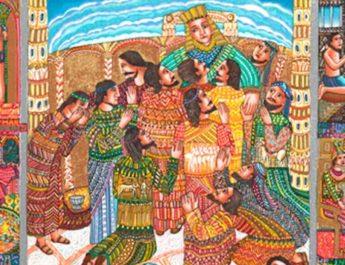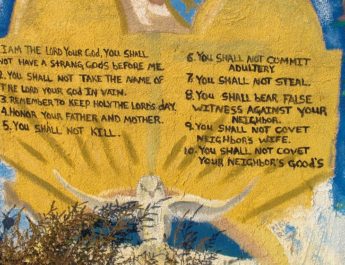Psalm 130:5-8
Narrative Lectionary 416
5 I wait forA the Lord,B my soulC waits,
and in his wordD I hope;E
6 my soul waits for the LordF
more than those who watchG for the morning,H
more than those who watch for the morning.
7 O Israel,I hope in the Lord!J
For with the LordK there is steadfast love,L
and with him is greatM power to redeem.N
8 It is he who will redeemO Israel
from allP its iniquities.Q
Image credit: “Landscape, Geography of Israel” at Yarkon National Park by eli cobin, between 2009 and 2011.




